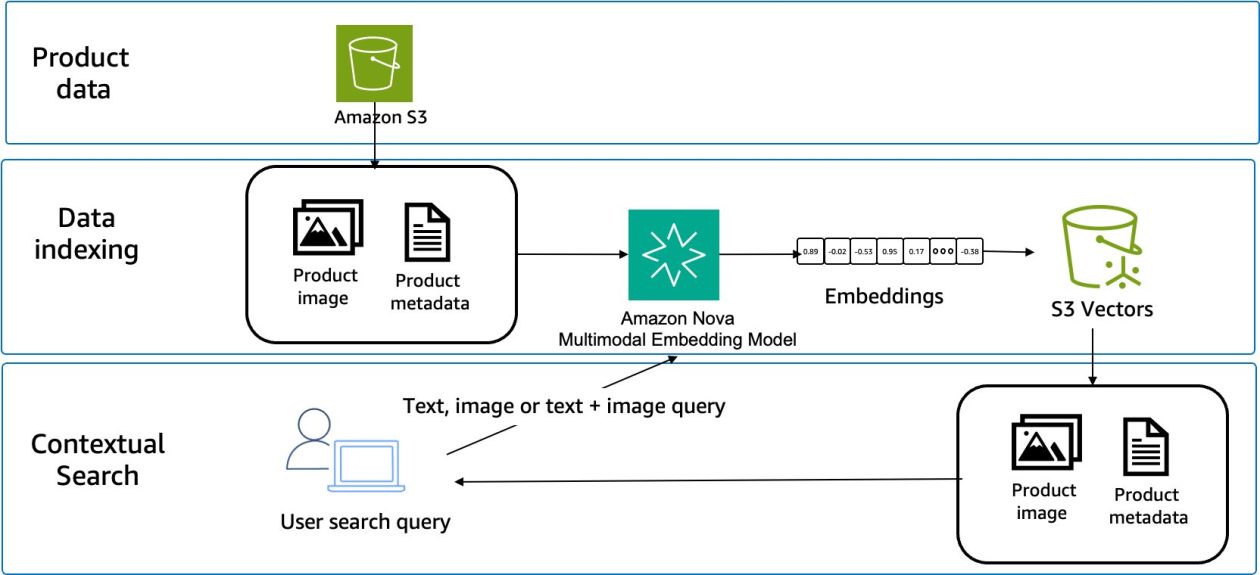
🚀 Latest Release Notes
🔓 Unlocking AlloyDB Public Access, Securely
What it is: AlloyDB now allows you to configure Authorized Networks for public IP access without the old CIDR-range restrictions. You can now use custom organization policies to set guardrails on the size and number of these networks.
Why it matters: This offers a huge leap in flexibility for secure public access. Instead of being forced to use broad CIDR blocks, you get fine-grained control. More importantly, it allows security teams to programmatically enforce governance using organization policies, preventing overly permissive rules before they’re even created.
Real-world problem it solves: You need to grant access to a partner whose applications run on a dynamic set of IPs, or you want to allow access from a serverless function fleet. Previously, this was a headache. Now, you can configure access precisely without opening a security hole, and your central security team can sleep better knowing there are org-level policies in place to prevent a developer from accidentally allowing `0.0.0.0/0`.
Learn more: Alloydb Custom Constraints
🔑 Bigtable CMEK Made Easy with Autokey
What it is: You can now use Cloud KMS Autokey directly from the Google Cloud console to handle the creation and assignment of Customer-Managed Encryption Keys (CMEK) for your Bigtable clusters.
Why it matters: CMEK is a powerful tool for compliance, but it traditionally comes with operational overhead — creating keys, managing keyrings, and setting IAM permissions. Autokey automates this entire workflow, reducing the chance of human error and making it trivial to adopt a best-practice security posture without needing to be a cryptographer.
Real-world problem it solves: Your company’s security policy mandates CMEK for all production databases. Your team just wants to provision a Bigtable cluster for a new service without spending half a day wrestling with KMS settings. Autokey bridges that gap, automating the key management process so your team can focus on building their application, securely.
Learn more: CMEK
🧠 Bigtable Goes Full-Scale Vector Store for LangChain
What it is: Bigtable now has first-class support as both a vector store and a key-value store within the LangChain framework, the popular toolkit for building LLM applications.
Why it matters: This is a game-changer for building large-scale GenAI applications. Bigtable is designed for massive scale and low latency. By plugging it directly into LangChain, you can now build Retrieval-Augmented Generation (RAG) systems on petabytes of data with the confidence that your vector database won’t be the bottleneck. It solidifies Bigtable as a premier choice for the most demanding AI workloads.
Real-world problem it solves: You’re building an AI assistant that needs to answer questions against your company’s entire 100TB documentation library. You need to store vector embeddings for every document and perform similarity searches in milliseconds. Using Bigtable as your LangChain vector store means you get extreme performance and scalability out of the box, letting you focus on the AI logic, not on scaling a vector database.
Learn more: Langchain | Mmr Vector Search
⚙️ Keeping the Bigtable SDKs Humming
What it is: A routine weekly update for the Bigtable client libraries, including new features in the Java client to support structured keys in materialized views and adding support for Python 3.14.
Why it matters: Consistent and timely SDK updates are the lifeblood of a healthy developer ecosystem. These updates ensure developers can use the latest language features and access new database capabilities (like the materialized view improvements) natively in their code.
Real-world problem it solves: Your team is upgrading its entire stack to the latest LTS Java version and wants to leverage new Bigtable features. Or, another team is experimenting with the brand-new Python 3.14. These library updates ensure they can do so without friction or compatibility issues.
Learn more: Sdk | Java Bigtable | V2 | 469290eb188ce7155abc81d4fec9dd8319851cd9 | Ed6c03ff50f42a06472f5be781b68937f48228d1 | 2691 | 62a18128d8ec65484509dde6cd0c2b0322890cc9 | 2697 | 611ad208359e3c1f2e675d5e4e8c8ade3616b02b | Python Bigtable | V2 | 1217 | 263332af71a229cb4fa598008a708137086a6f67
🚀 Cloud SQL for MySQL: Surviving Crashes Faster
What it is: The ‘optimized writes’ feature for Cloud SQL Enterprise Plus edition has been significantly enhanced. It now includes a much faster crash recovery algorithm and intelligently uses spare disk I/O to warm up the buffer pool (in-memory cache) after a restart.
Why it matters: This directly tackles two of the biggest operational pains in database management: recovery time and post-restart performance. Faster recovery means higher availability (less downtime). Faster cache warm-up means you get back to peak performance in a fraction of the time, avoiding the dreaded ‘slow start’ that can cripple an application after a maintenance window or unexpected crash.
Real-world problem it solves: Your critical e-commerce database has an unexpected restart. Before, it might take several minutes to come back online, and even then, queries are sluggish as the cache slowly repopulates, causing user frustration. With this enhancement, the database recovers much faster, and it immediately starts using idle I/O to pre-load data into memory, getting you back to full speed almost instantly.
Learn more: Flags
🧩 Fresh PostgreSQL Extensions on Cloud SQL
What it is: Several popular PostgreSQL extensions have been upgraded to newer versions, including `pg_cron` (1.6.7), `postgis` (3.6.0), and `rdkit` (4.7.0) for various PostgreSQL versions.
Why it matters: This provides developers with the latest features, bug fixes, and performance improvements from the vibrant PostgreSQL open-source ecosystem, all within the convenience of a managed service. You get the benefits of the new versions without the operational burden of managing the upgrades yourself.
Real-world problem it solves: Your geospatial application needs a new function only available in PostGIS 3.6.0. Instead of provisioning and managing a custom VM-based PostgreSQL instance, you can now get the latest version directly on Cloud SQL, letting you focus on your application logic.
Learn more: Self Service Maintenance | Set Maintenance Window
👯♀️ Datastore & Firestore Database Cloning is Now GA
What it is: The ability to create a complete, independent, point-in-time copy of a Datastore database is now Generally Available (GA), meaning it’s fully supported for production use.
Why it matters: Database cloning is a fundamental tool for modern development and operations. It enables high-fidelity testing environments, safe schema migrations, and streamlined data analysis without impacting the production instance. GA status provides the assurance of stability and support that enterprises require.
Real-world problem it solves: You need to test a complex data migration for your application. With a single command, you can clone your production Datastore database to a separate project, giving your dev team a perfect, isolated copy to test against, ensuring a smooth rollout with zero risk to live data.
Learn more: Datastore, Firestore
⚙️ Datastore Java Client Maintenance
What it is: A maintenance release for the Datastore Java client library, primarily focused on updating dependencies and the underlying code generator.
Why it matters: While not a feature release, this ‘housekeeping’ is essential for security, stability, and compatibility, ensuring the client library works reliably with the broader Java and Google Cloud ecosystems.
Real-world problem it solves: A security scan flags an older, transitive dependency in your application. This updated library incorporates the latest dependencies, resolving the vulnerability and keeping your application secure.
Learn more: Sdk | Java Datastore | V2 | B9b95cb0b08ec393f714f885e511443c1e044a0e | 1980 | 1520b7c4ac51139c1c8809a4ead990d558f6c705
Source Credit: https://medium.com/google-cloud/from-ai-superhighways-to-zero-toil-google-cloud-databases-are-unlocking-engineering-velocity-214700b5f446?source=rss—-e52cf94d98af—4




